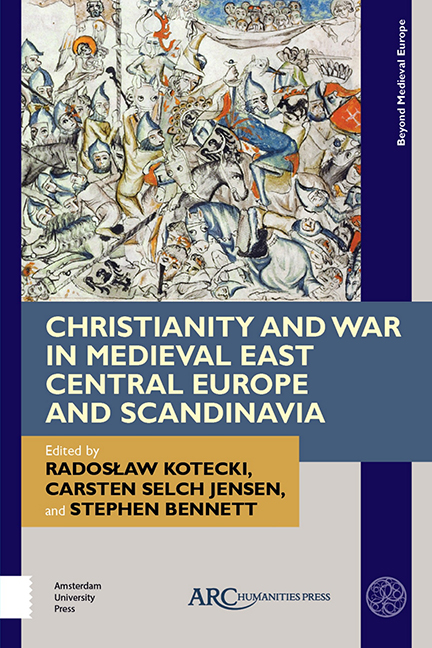Chapter 5 - Preachers of War: Dominican Friars as Promoters of the Crusades in the Baltic Region in the Thirteenth Century
Published online by Cambridge University Press: 27 May 2021
Summary
WHEN THE ORDER of Preachers was formed in 1216, the near-century-long Christian reign in Jerusalem, beginning in 1099, had been permanently lost with the Muslim recapture in 1187. The crusader kingdom and principalities of the Holy Land, however, still existed, and so did the Christian dream of regaining the Holy City. Since the initial success of the First Crusade in the late 1090s, the Roman Church had engaged in several crusades against its various enemies both along the fringes of Europe and within, and these continuous calls for holy war gradually may have begun to exhaust the market for recruitment and financial support. By the beginning of the thirteenth century, the need for lay support to the Crusades was as high as ever and the papacy apparently realized that it was necessary to restructure their promotion. If the initial enthusiasm of the potential recipient audience was beginning to wear out, more skilful communicators were needed to advocate the holy cause; experienced preachers, who were solidly read in theology were required to explain the ideology of taking the Cross and to counter those who argued against the Crusades.
Fortunately, such an organization of professional preachers had been at hand since 1216 with the Order of Preachers, Ordo Predicatorum, today better known as the Dominican Order. The Dominican friars, or the Friars Preachers, were primarily focused on studying the Bible and all related literature. Importantly, they also focused on the practical art of preaching and thereby teaching the true meaning of the word of God to all layers of society. At first, Dominican involvement in the preaching of the crusade remained on an individual level. In Germany, Fr. John of Wildeshausen—who later became known as Johannes Teutonicus, the fourth master general of the Order—in 1225–1227 preached in favour of Emperor Frederick II's crusade to the Holy Land. Another later master general, Fr. Raymond of Penyafort, also started his career as a preacher of the Cross, in his case for the campaign of King James I to Mallorca, which he was enjoined to promote in the archdioceses of Arles and Narbonne in the late 1220s.
- Type
- Chapter
- Information
- Publisher: Amsterdam University PressPrint publication year: 2021



